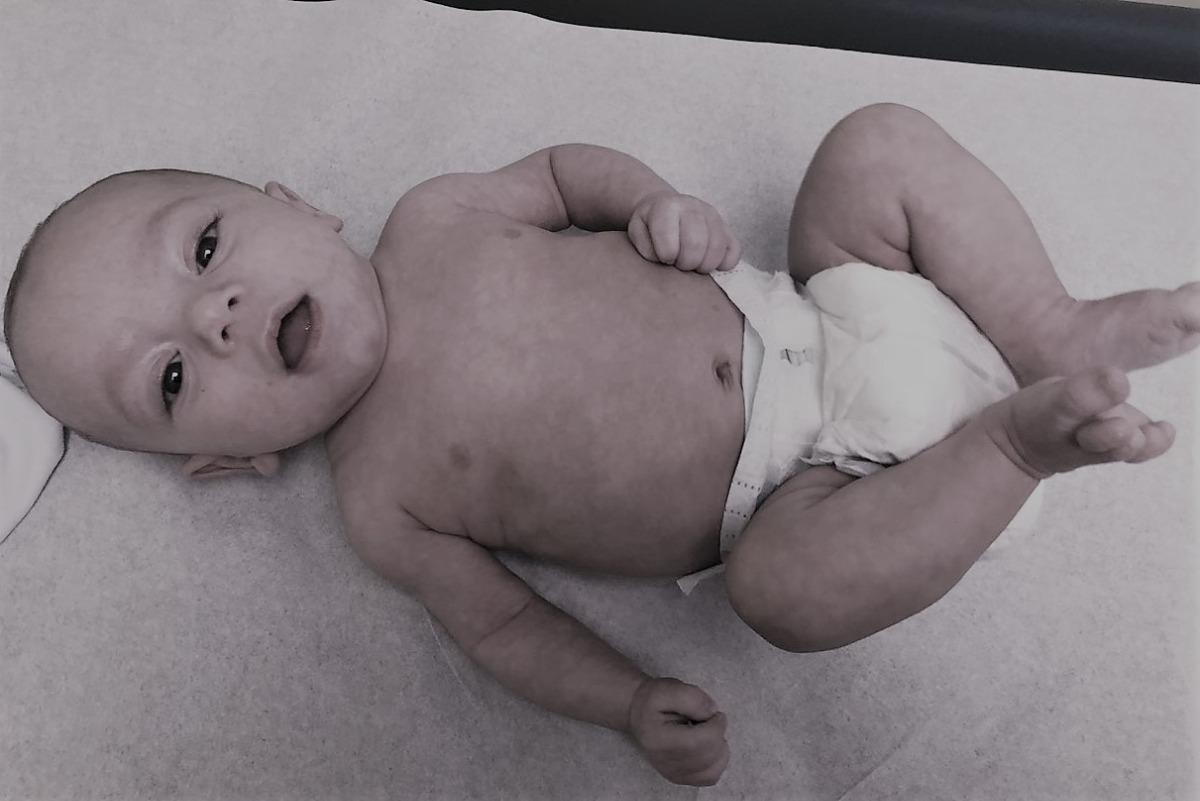
Week 3: 2 Months
For week 3 of our All is Well Wednesday series, we will look at the 2 month visit. Can you believe your little one is already 2 months old? You are probably starting to get some sweet smiles at this point!
Visit our previous posts to learn more about the Newborn and 3 Week Old Visit
Labs: None
Immunizations:
The day is here- the day your little one will get the first set of vaccines. The 2 month vaccine schedule includes three injections and one oral vaccine.
1. Diphtheria, tetanus, pertussis (whooping cough), polio, and hepatitis B injection
2. Haemophilus influenzae type B (HIB) injection
3. Pneumococcal injection
4. Rotavirus oral
Why do we recommend vaccines?
When a person is exposed to antigens such as viruses or bacteria, the body’s immune system makes antibodies, special proteins specific to the antigen to help protect the body. During the last few months before the baby is born, he/she receives antibodies from the mother. Breastfeeding also passes antibodies to the infant and helps the baby’s immune system. This type of immunity is called passive immunity because the baby is not making the antibodies his or herself. Unfortunately, passive immunity is only temporary and starts to decrease in the first weeks and months of the baby’s life. Active immunity is from antibodies the person makes themselves and are longer lasting, sometimes even life long. Active immunity occurs through direct exposure to the antigen or indirect exposure to the antigen as in a vaccine. The childhood vaccine schedule is designed to protect children through active immunity against the diseases infants and children are most vulnerable to at that particular age. For example, the baby’s passive immunity to pertussis and haemophilus influenzae (HIB) starts to wane around 2 months. The pneumococcal vaccine covers 13 different strains of streptococcus pneumoniae, a leading cause of infectious disease related deaths in children worldwide. The vaccine schedule has been extensively studied to be the most timely, effective, and safe.
For more information on childhood vaccines, we recommend:
https://www.cdc.gov/vaccines/schedules/hcp/imz/child-adolescent.html
https://www.healthychildren.org/English/safety-prevention/immunizations/Pages/default.aspx
https://www.chop.edu/centers-programs/vaccine-education-center
Surveys: Remember to visit summitpediatrics.patientmedrecords.com before your visit to check for any surveys.
Edinburgh Postnatal Depression Scale. You’ve seen this survey before at the 3 week visit and perhaps at your obstetrician.
After giving birth, it is normal for the mother to experience a wide range of emotions from joy and excitement to fear and sadness. These are typically most powerful during the first couple weeks, but for some new mothers depression can be longer lasting or can develop in the months after giving birth and is known as postnatal or postpartum depression. The pediatrician is often the first and most frequent point of contact for families and an essential piece of taking care of baby is taking care of mom. Therefore, at the 3 week, 2 months, 4 months and 6 months visits you will be asked to complete the Edinburgh Postnatal Depression Scale (EPDS). This is a short survey designed to identify mothers at risk for postpartum depression.
Next routine well visit:
4 months old
Baby will have the second set of vaccines and will be the same as those at 2 months. And, remember we are here for you if you need us! Take care.
